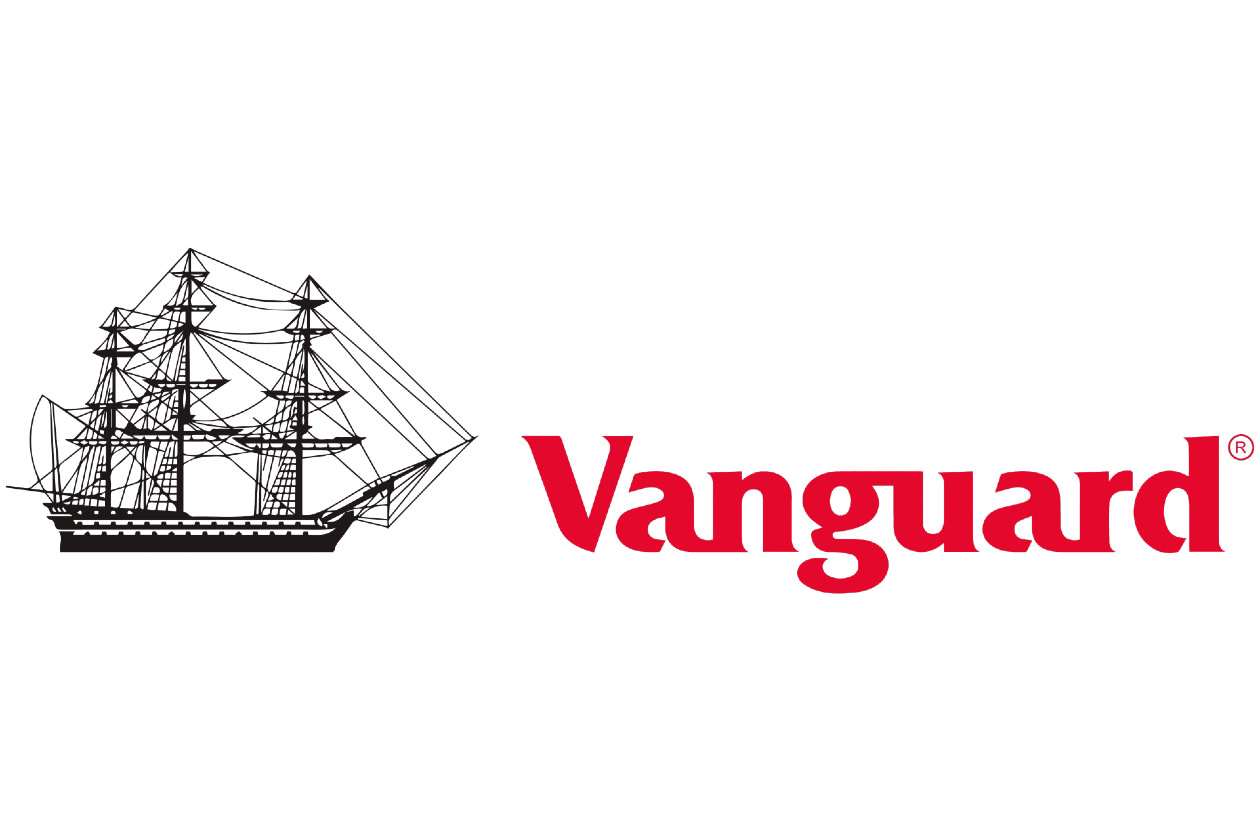Vanguard is a pioneer in index investing and launched its first ETF in 2001
This ETF offers exposure to a broad range of countries all over the world
It’s tracked the FTSE All-World Index closely since launch
How it fits in a portfolio
An ETF is a basket of investments that often includes company shares or bonds. They tend to track the performance of an index such as the FTSE All-World Index and trade on stock exchanges, like shares. This means their price fluctuates throughout the day.
The Vanguard FTSE All-World ETF offers a low-cost option for tracking the performance of the FTSE All-World Index. It invests in a range of large and medium-sized companies across the globe from developed and emerging markets. Emerging markets offer investors greater potential for growth, but they can be subject to more price volatility and are higher risk than their more developed counterparts.
An ETF is one of the simplest ways to invest and can be a low-cost starting point for an investment portfolio aiming to deliver long-term growth. Like most global funds, this ETF has a large amount invested in US companies, so it could help diversify a portfolio focused on other regions like Europe or emerging markets.
Manager
Vanguard is a pioneer when it comes to passive investing, having created the first retail index fund over 45 years ago. It now runs some of the largest index funds and ETFs in the world. Given its size, it has a big investment team with the expertise and resources to help its ETFs track indices and markets as closely as possible, while having scale to keep costs down.
Vanguard ETFs are run by a large, global team. They’re spread across three investment hubs around the world – the US, UK and Australia. This team-based approach means there’s no named manager on the ETF. As a collective team, Vanguard has run this ETF for 13 years.
Vanguard also has a trading analytics team, which is responsible for ensuring the ETFs buy and sell investments efficiently and at a competitive cost. This involves analysing data from different brokers and banks. Lower costs should help the ETFs track their benchmarks as tightly as possible.
Process
This ETF aims to track the performance of the FTSE All-World Index. It does this by investing in most of the companies in the index but not every single one. The ETF was made up of 3,625 companies at the end of April 2025 versus 4,227 in the index. The team tends to exclude some of the smaller companies in the index as they can be difficult or more costly to buy and sell which can negatively impact performance. This is known as partial replication and helps keep performance close to the index while keeping costs as low as possible.
The ETF currently invests 26.7% in the technology sector. This is partly from the large amount (62.0%) invested in the US market where there are household names like Apple and Microsoft. The next largest sectors are financials and consumer discretionary, which made up 16.3% and 13.8% of the ETF respectively at the end of April. The ETF also invests in countries like Japan, the UK, China, France and India.
Reducing costs is a key part of keeping the tracking difference between the ETF and the benchmark to a minimum. In any ETF, factors like taxes, dealing commissions and spreads, and the cost of running the ETF all drag on performance. To help keep these costs down, the team aims to make large investments in companies instead of lots of small transactions.
Vanguard will also lend some of the investments in the ETF to other providers in exchange for a fee, which can be used to offset some of the costs. It will only lend securities to a limited number of high-quality approved dealers. Vanguard indemnifies the fund against any loss from this process, meaning there should be no negative impact on investors. However, stock lending adds risk.
As this ETF is listed offshore investors are not usually entitled to compensation from the UK Financial Services Compensation Scheme.
Culture
Vanguard is currently the second largest asset manager in the world and runs around $10trn of assets globally as of March 2025. The group aims to put the client at the forefront of everything it does, which drives its focus on quality, low-cost index products.
John Bogle founded Vanguard in 1975, and it’s owned by investors. This allows Vanguard to redirect its profits back to investors in the form of lower fees, instead of paying dividends to external shareholders. Bogle believed in creating products that simply track the performance of a market rather than taking a shot at picking individual companies which may beat them.
The team running this ETF works closely with other equity research and risk departments across the business. They have daily and weekly meetings to discuss ongoing strategy which could add good support and challenge on how to run the ETF effectively.
Sign up to our ETF research updates and we'll send the latest ETF research directly to your email.
ESG Integration
Vanguard is predominantly a passive fund house. While it’s offered exclusions-based passive funds for many years, it’s lagged peers in offering passive funds that explicitly integrate Environmental, Social and Governance (ESG) criteria by tracking indices that tilt towards companies with positive ESG characteristics, and away from those that don’t.
Vanguard’s Investment Stewardship team carries out most of the firm’s voting and engagement activity. Its stewardship activity is grounded in the firm’s four principles of good governance: board composition and effectiveness, board oversight of strategy and risk, executive pay and shareholder rights.
The Investment Stewardship team produces frequent insights on their engagement activity at both a corporate and governmental level. Investors can also access fund-by-fund proxy voting records, although voting rationales are not provided. That said, voting and engagement case studies can be found in the firm’s annual Investment Stewardship report and quarterly Engagement and Voting reports.
Vanguard courted controversy in 2022 when it left the Net Zero Asset Managers’ Initiative, a group of asset managers that have committed to achieving net zero carbon emissions by 2050. It claimed its decision would improve clarity for investors and allow it to speak independently. We view this as a disappointing backward step. Furthermore, in 2024 it was reported that Vanguard failed to support a single shareholder proposal requiring more action from investee companies on environmental and social matters.
The Vanguard FTSE All-World ETF tracks an index that doesn’t specifically integrate ESG considerations into its process. The ETF can therefore invest in shares issued by companies in any sector in line with the benchmark.
Cost
The ETF currently has an ongoing annual fund charge of 0.22%. The annual charge to hold ETFs in the HL ISA or SIPP is 0.45% and in the HL LISA is 0.25% (capped at £45 in the ISAs and £200 in the SIPP). There are no charges from HL to hold ETFs within the HL Fund and Share Account or HL Junior ISA.
As ETFs trade like shares, both a buy and sell instruction will be subject to the HL share dealing charges.
Performance
Since launch in May 2012, this ETF has done a good job of tracking the performance of the FTSE All-World Index. Over the last 10 years, the ETF has gained 162.62%* compared to 163.07% for the index. As expected of ETFs, it’s slightly behind the benchmark over the long term because of the costs involved. However, the tools used by the managers have helped to keep performance tight to the index. Remember, past performance isn’t a guide to future returns.
The global stock market benefited from the strong performance of the US market in 2024. The magnificent seven companies (Apple, Amazon, Alphabet, Meta, Microsoft, Nvidia, and Tesla) dominated stock market returns last year due to advancements in Artificial Intelligence (AI).
The US hasn’t performed as well as most other major markets so far in 2025. This follows concerns that Trump’s proposed policies, especially on tariffs, could cause inflation to rise again.
Despite weak economic data and recessionary risks, Germany’s stock market was one of the best performing markets over the past 12 months. Some of the larger companies carry out business globally and aren’t as reliant on the strength of the German economy. Technology companies have benefitted from the AI boom, and SAP, one of Germany’s leading tech companies, was a key driver of performance.
On the other hand, South Korea was one of the worst performing global markets. Sentiment has weakened in Korea as there’s been a lot of political uncertainty and concerns over growth.
Given Vanguard’s size, experience and expertise running ETFs, we expect this ETF to continue to track the FTSE All-World Index closely in the future, though there are no guarantees.
Annual percentage growth
Apr 20 – Apr 21 | Apr 21 – Apr 22 | Apr 22 – Apr 23 | Apr 23 – Apr 24 | Apr 24 – Apr 25 | |
|---|---|---|---|---|---|
Vanguard FTSE All-World ETF | 32.78% | 4.26% | 2.00% | 17.71% | 4.96% |
FTSE All-World Index | 32.81% | 4.33% | 1.96% | 17.73% | 5.00% |


